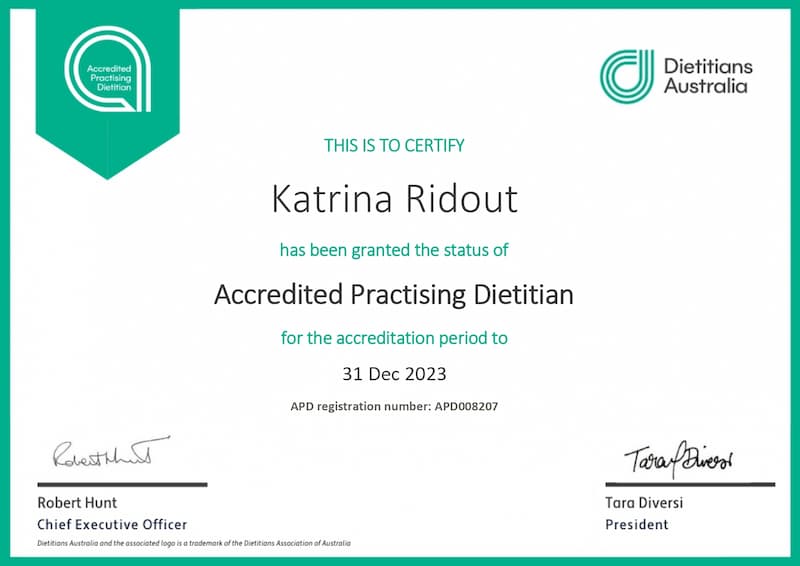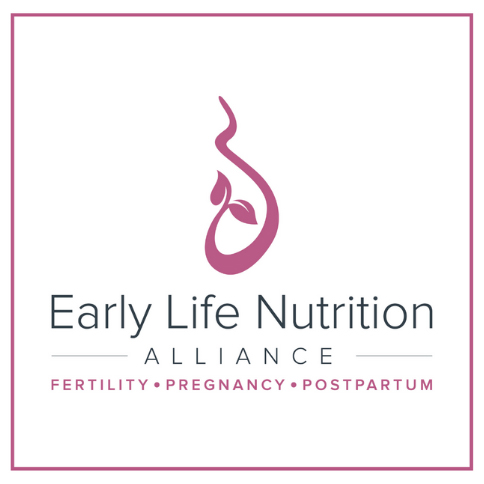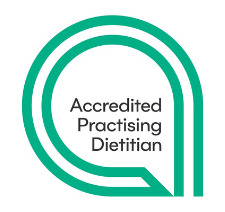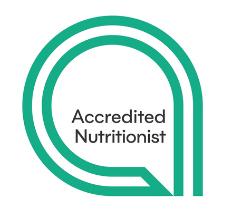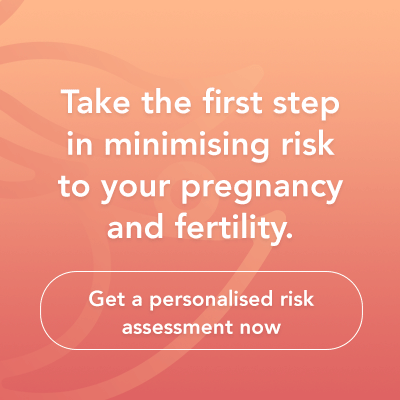Frequently Asked Questions
Is folic acid important during IVF?
Yes, folic acid is an essential nutrient during IVF (In Vitro Fertilisation). It plays a crucial role in supporting healthy cell division and the development of the neural tube in early pregnancy, reducing the risk of birth defects like spina bifida. Many pregnancy nutritionists, including Katrina Ridout, a trusted pregnancy dietitian and nutritionist, recommend women undergoing IVF to take folic acid supplements before and during the treatment process. This helps prepare the body for a healthy pregnancy and supports optimal reproductive health. Along with supplementation, incorporating healthy pregnancy recipes rich in folic acid, such as leafy greens, legumes, and fortified grains, can further support fertility and early fetal development. For personalised guidance and pregnancy recipes, it’s always best to consult with your doctor or fertility specialist.
How important is diet during IVF?
A well-balanced and nutritious diet is crucial during IVF and can positively impact fertility by helping to achieve and maintain a healthy weight, providing essential nutrients for embryo development, regulating blood sugar levels, reducing inflammation, supporting hormone production, and optimising overall reproductive health. It’s advisable to consult with healthcare providers such as an IVF dietitian for personalised dietary recommendations to enhance the chances of a successful IVF outcome, as individual dietary needs may vary, and tailored guidance can be invaluable in this journey to conception.
What foods should be avoided during IVF?
During IVF treatment, it’s advisable to avoid or limit highly processed foods with added sugars and saturated fats, excessive caffeine and alcohol consumption, soy products that contain phytoestrogens, high-mercury fish, unpasteurised dairy, unwashed fruits and vegetables, excessive red meat, high-sodium diets, and artificial sweeteners, as these factors can potentially disrupt hormonal balance, increase inflammation, and negatively impact fertility. Individual dietary needs may vary, so it’s crucial to consult with a healthcare provider or a registered dietitian with expertise in fertility to create a personalised nutrition plan that best supports your specific circumstances and enhances the likelihood of a successful IVF outcome.
Should I include healthy fats in my IVF diet?
Yes, including healthy fats in your IVF diet is highly recommended. Healthy fats, such as those from avocados, olive oil, nuts, and seeds, play a crucial role in supporting hormone production, improving egg quality, and enhancing overall reproductive health. Katrina Ridout, a pregnancy dietitian and nutritionist, emphasises the importance of balancing fats in your diet. She suggests focusing on omega-3 fatty acids, found in foods like salmon and flaxseeds, as they help reduce inflammation and improve reproductive system function. By incorporating these healthy fats and following nutritious pregnancy recipes, you are not only nourishing your body but also supporting your fertility journey with healthy pregnancy recipes designed for optimal reproductive health.
What foods best complement an IVF treatment?
Complementing IVF treatment with a balanced diet involves focusing on whole foods like fruits, vegetables, whole grains, lean proteins, healthy fats, and dairy or dairy alternatives fortified with essential nutrients. These foods provide a range of vitamins, minerals, antioxidants, and fibre that support overall health, hormonal and reproductive well-being. Adequate hydration, mindful eating, and moderation of caffeine intake are also important. While a nutritious diet can positively impact fertility, it’s essential to combine it with a comprehensive approach that includes stress management, regular exercise, and personalised dietary guidance from a healthcare provider or registered dietitian specialising in fertility to maximise the chances of a successful IVF outcome.
Are there specific foods that boost fertility during IVF?
Certain foods can help support reproductive health during IVF by providing essential nutrients. Katrina Ridout, a pregnancy dietitian and nutritionist, emphasises the importance of a holistic approach. A well-balanced diet, combined with stress management, hydration, and wellness practices, can positively impact IVF success.
Some key foods include:
- Leafy greens & vegetables: These are rich in folate, a vital nutrient for fertility.
- Whole grains: These help balance blood sugar, supporting overall reproductive health.
- Healthy fats: Omega-3 fatty acids found in foods like salmon, walnuts, and flaxseeds are essential for hormone regulation.
- Lean proteins: Beans, lentils, and chicken provide the necessary protein for overall body function and fertility.
- Antioxidant-rich fruits: Berries and oranges are packed with antioxidants that protect eggs and sperm from oxidative stress.
For those looking for healthy pregnancy recipes, Katrina Ridout recommends meals that incorporate these fertility-boosting ingredients. Always consult a specialist for personalised guidance on fertility nutrition and pregnancy recipes.
